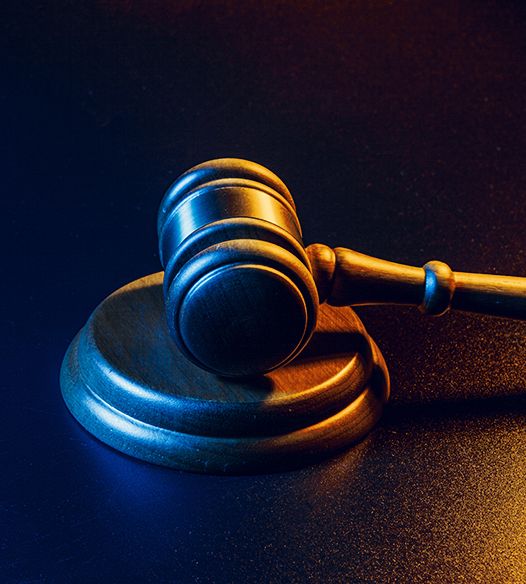
Authored by Dhruv Singh, Counsel & Head of Regulatory Affairs, G&W Legal ([email protected]) and Shivalik Chandan, Associate, G&W Legal ([email protected]).
In a judgment that has been viewed with criticism by some free speech advocates, on 30 June 2023, the Karnataka High Court dismissed Twitter’s challenge to 39 blocking orders issued by the Government of India for content and individual accounts on its services.
Admonishing Twitter for its willful non-compliance with the above-mentioned blocking orders, the Judge levied an exemplary cost of INR 5 million upon Twitter. Having read the somewhat long-winded order, here is what we thought was of particular note:
• One of the major contentions of the Government defending its position on the blocking orders in question was that Twitter, a foreign multinational, being neither an Indian citizen, nor an Indian corporation, had no right under Indian law to bring the current matter for court to exercise its writ jurisdiction. In the order, citing multiple case law, and even vedic scripture, the court found that in the present instance where Twitter is threatened with penal action, as well as the loss of its status as an intermediary, a foreign corporation like Twitter could indeed tap writ jurisdiction.
• The judgment then spends considerable time on the subject of harm that can be caused by social media and its propensity for misuse, in light of the fact that it results in immediate and wide communication to aid the interests of anti-state actors. It thereafter addresses the issue of whether this lends itself to the manipulation of political choices of voters, and the dangers of fake news. The court also makes references to similar concerns being highlighted by UNESCO in the Draft Guidelines titled “Safeguarding Freedom of Expression and Access to Information: Guidelines for a Multistakeholder Approach in the Context of Regulating Digital Platforms”.
• The judgment goes to some length to justify why Section 69(A) of the Information Technology Act 2000, the statute passed by Parliament, should not be interpreted literally, where such literal interpretation would lend itself to only block content that has already been created, and prevent the Government from blocking entire accounts. The court also mentioned that Twitter had itself set the precedent of blocking accounts wholesale, when it blocked the account of former US President Donald Trump. It was argued (rightly in the view of this author) that to block entire accounts would work as a virtual gag-order, preventing an account holder from publishing ‘all’ content, rather than merely that which the law permits to be blocked. However, the court did not find merit in this argument.
• Another major point of contention was the requirement to be provided reasons for the blocking orders given by the Government. Here, in stark contrast to the finding on blocking of accounts above, the court found that this was not conducive to a literal interpretation of the law. The judgment holds that while the communication of such reasons should be the norm, in extreme cases, their communication may be withheld.
• On the other issues framed, the court found in favor of the Government that there existed a direct and strong nexus between the reasons provided for the blocking orders, and their propensity to result in the sovereignty and public order of India being affected negatively. The court also found justification that the originator or account holder doesn’t necessarily need to be informed of the blocking orders affecting his/her account, finding that this was not necessary under Rule 8(1) of the Information Technology (Procedure and Safeguards for Blocking for Access of Information by Public) Rules, 2009- and that informing the intermediary in such an instance would be entirely acceptable.
Having found against Twitter’s arguments on all issues save the one on having locus for the writ, the court went on to rebuke Twitter for non-compliance with the blocking orders in the first instance, and for wasting the court’s time with such a time-consuming matter at the expense of other ‘native’ litigants. Calling the litigation speculative, the court thought the matter fit for levying the aforementioned exemplary costs.
Disclaimer: These publications are for general information purposes only. They do not purport to provide comprehensive legal or other advice. The publisher and the contributors accept no responsibility for losses that may arise from reliance upon information contained in these publications. For specific legal advice on the issue, please reach out to:
Dhruv Singh
Counsel
[email protected]
Shivalik Chandan
Associate
[email protected]















